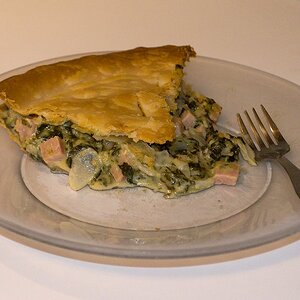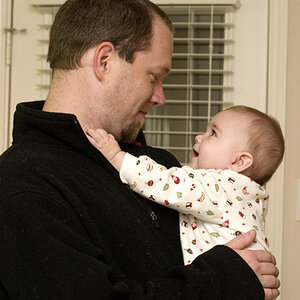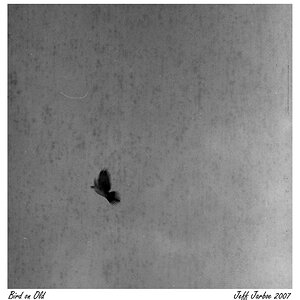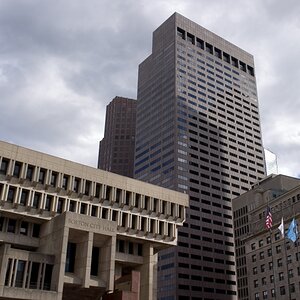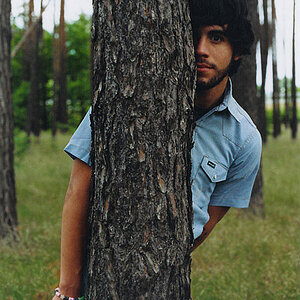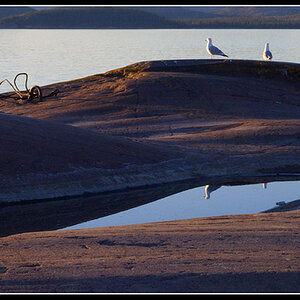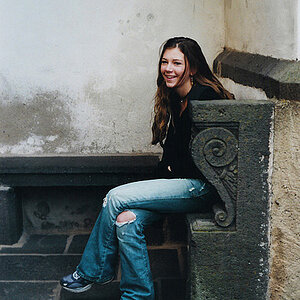AdriaanSteyn
TPF Noob!
Hi there
I have seen many photographs that have been IMHO over-photoshopped. This ranges from over-saturation to excessive filters and techniques added, making the photograph almost unnatural.
I am somewhat of a traditionalist and feel that what could not have been achieved in a dark room during development should be interpreted as being over-photoshopped. Therefor turning a photograph into a painting.
I am all for the "creative" side of achieving effects for artistic purposes, but does it really reflect on the photographer's ability?
Where is the line drawn.......does the line even exist?
I would like to see what others' opinion is regarding this.
many thanks
Adriaan
I have seen many photographs that have been IMHO over-photoshopped. This ranges from over-saturation to excessive filters and techniques added, making the photograph almost unnatural.
I am somewhat of a traditionalist and feel that what could not have been achieved in a dark room during development should be interpreted as being over-photoshopped. Therefor turning a photograph into a painting.
I am all for the "creative" side of achieving effects for artistic purposes, but does it really reflect on the photographer's ability?
Where is the line drawn.......does the line even exist?
I would like to see what others' opinion is regarding this.
many thanks
Adriaan



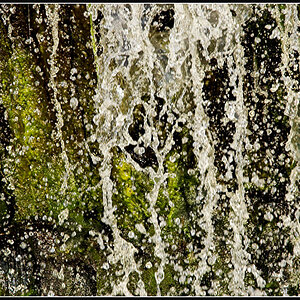
![[No title]](/data/xfmg/thumbnail/36/36300-760519cb9a8ebbfc57cc3d1fda5dd37c.jpg?1619737494)
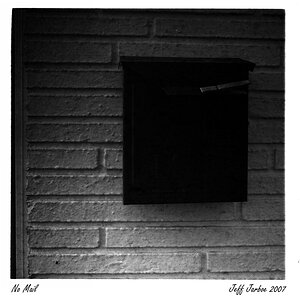
![[No title]](/data/xfmg/thumbnail/33/33421-38d09827e584b8381c5e3a468cdf0159.jpg?1619735961)
